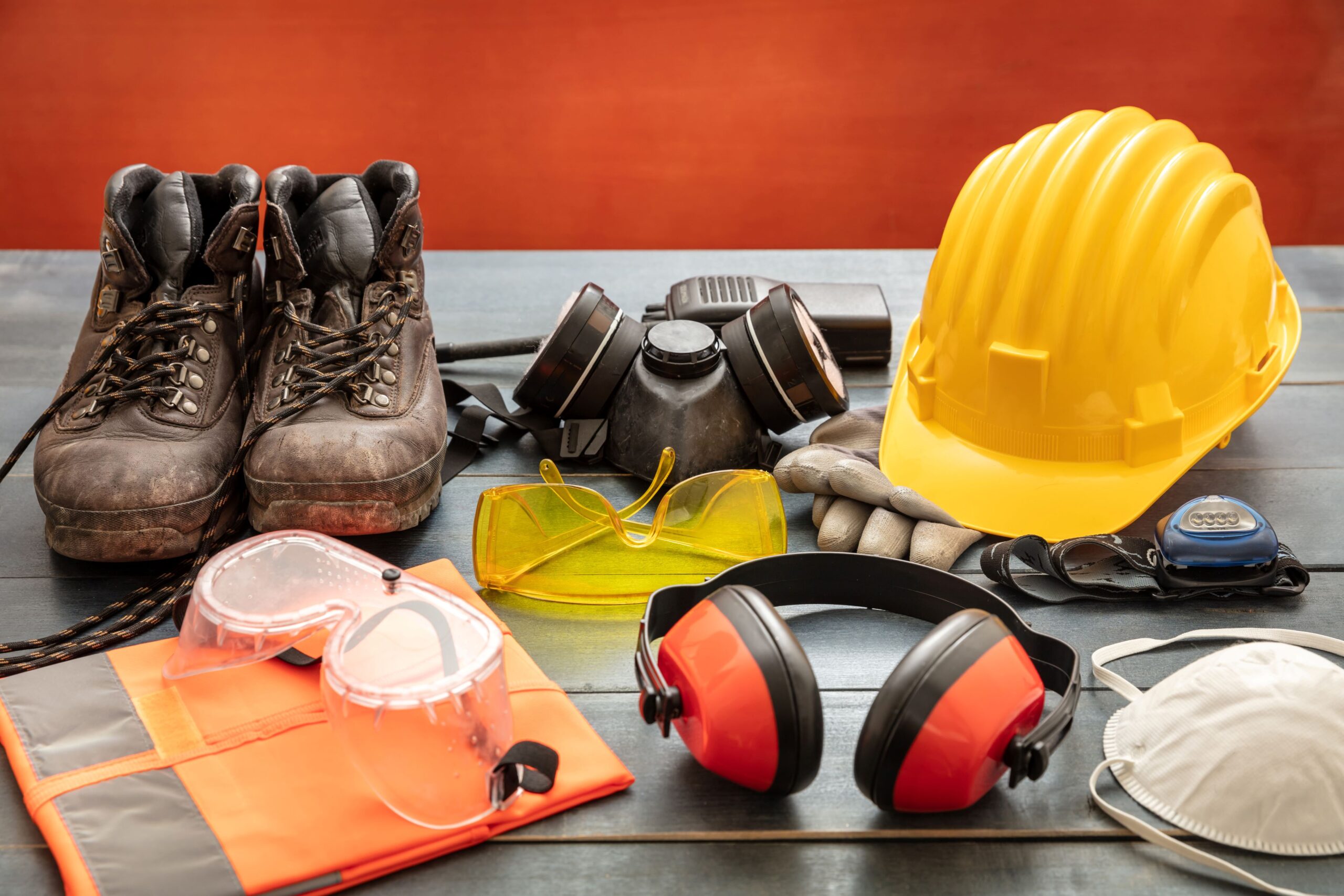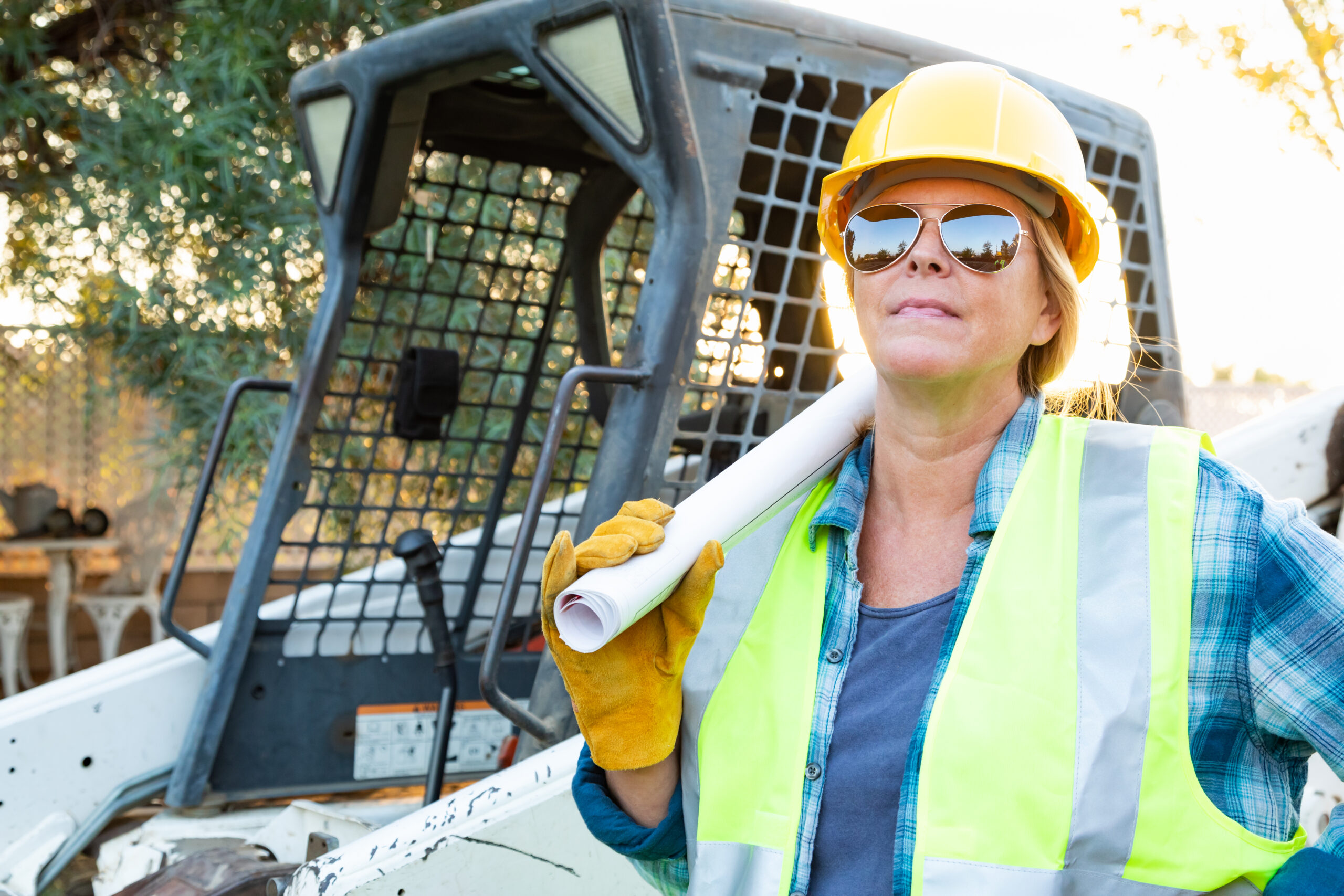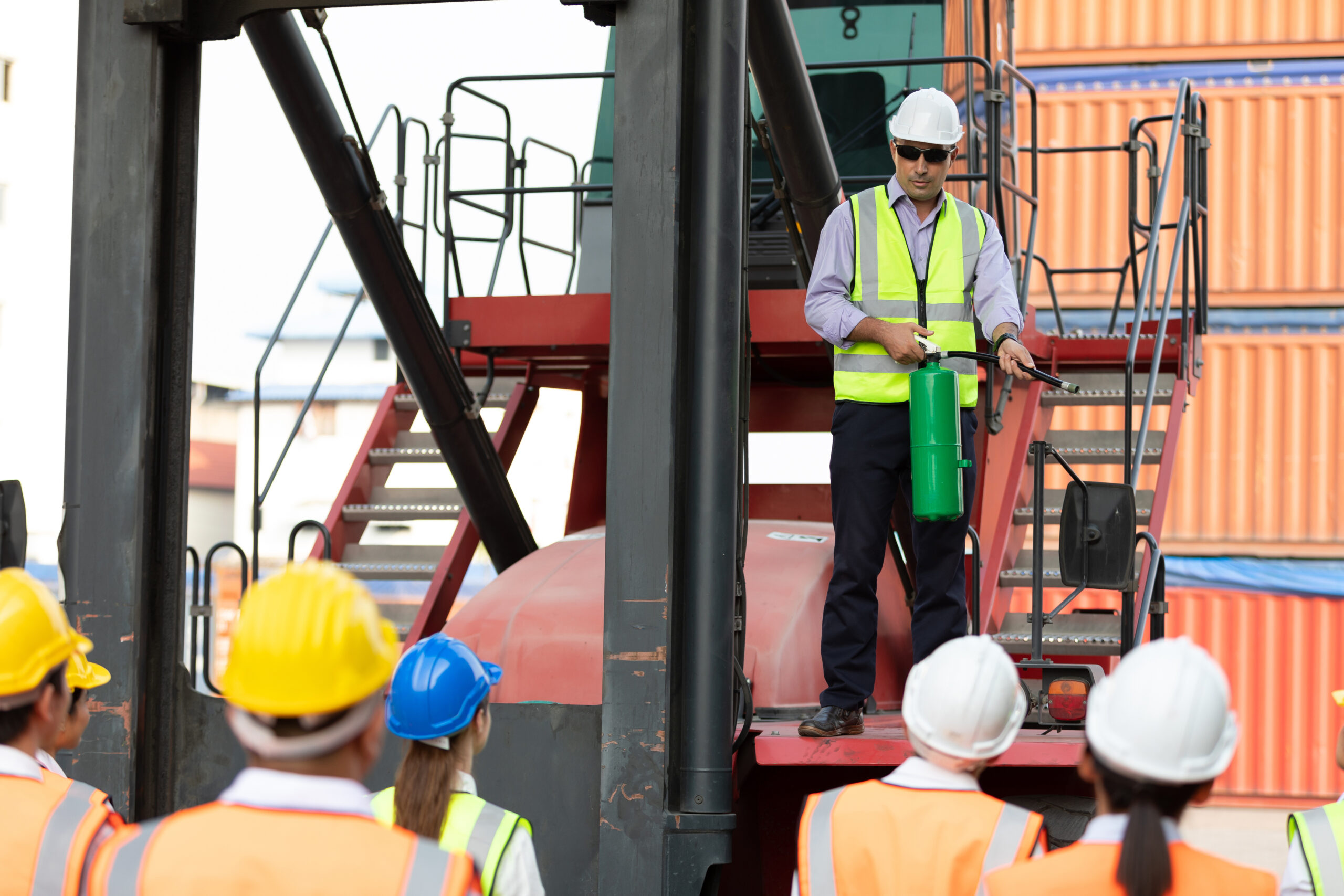safety

October 24, 2024
Preventing the Top 4 Construction Hazards
Construction is one of the most hazardous industries in the United States. Many injuries on construction sites are caused by falls, struck-by incidents, caught-in-between incidents and electrocutions. The following are basic safety tips for avoiding these hazards and remaining injury-free: Preventing Falls Preventing Struck-by Incidents Preventing Caught-in-Between Hazards Preventing Electrocutions For more information, speak to...

October 17, 2024
Best Practices for Safety Committees
A safety committee is crucial for creating and maintaining a safe workplace culture. These committees bring together employees, management and safety professionals to proactively address workplace hazards. There are several organizational benefits to implementing a safety committee. They can provide a safer work environment, increase employee morale, lower workers’ compensation premiums by improving incident rates...

October 15, 2024
OSHA Announces Top 10 Violations for 2024
OSHA recently revealed its top 10 most frequently cited standards in the 2024 fiscal year using preliminary data. This information is valuable for businesses of all kinds, as it helps them identify common exposures that affect their workforce and gives them the information they need to plan their compliance programs. For 2024, the top 10...

September 16, 2024
Ensuring Proper Workplace Ergonomics
October is recognized as National Ergonomics Month. According to the Centers for Disease Control and Prevention (CDC), the purpose of this yearly initiative is to raise awareness of and help reduce occupational injuries caused by poor workstation design. Ergonomics is the science of fitting a workspace to an individual’s needs to increase efficiency while reducing...

August 21, 2024
5 Risks of Hiring an Uninsured Contractor
Project owners or general contractors must carefully vet contractors to ensure jobsite safety and financial security. A critical factor in this selection process is verifying that contractors carry adequate insurance. Hiring uninsured contractors can expose a project to significant risks, including safety hazards, liability issues and potential financial losses. The following are five risks associated...

July 31, 2024
5 Steps for Building a Safety Program
A comprehensive safety program may not only reduce employee injuries and illnesses; it can also improve employee morale and retention. In addition, fewer workers’ compensation claims can help workers’ compensation costs over time. To realize these benefits, employers should consider these five steps to create a well-rounded safety program. 1.Develop Safety Programs Following OSHA Standards....

July 8, 2024
OSHA Proposes Heat Injury and Illness Prevention Standard
On July 2, 2024, the U.S. Department of Labor’s (DOL) Occupational Safety and Health Administration (OSHA) announced an unofficial version of the proposed standard to protect workers from heat injury and illness. If finalized, the new standard would apply to all employers conducting indoor and outdoor work in all general industry, construction, maritime and agricultural...

June 27, 2024
Active Assailant Coverage: A Key Provision in Preparing for California’s New Workplace Violence Prevention Law
With more than 650 mass shootings in 2023 and more than 110 this year (at the time of publication), it’s clear that active assailant incidents pose a severe and unpredictable threat to businesses of all types. And while most insureds have not been exposed to an active assailant event, the demand for this coverage is on the rise....

June 20, 2024
EEOC Releases Promising Practices for Preventing Harassment in the Construction Industry
Recognizing that the unique structure of construction jobs can leave workers in the industry especially vulnerable to workplace harassment, the U.S. Equal Employment Opportunity Commission (EEOC) has issued a new guidance document outlining specific steps industry leaders can take to combat harassment in construction workplaces. The new document, “Promising Practices for Preventing Harassment in the...

June 17, 2024
50% of Non-Native English Speakers Don’t Understand Their Safety Training
Companies may think they have workplace safety resources covered, but they may not have taken into consideration one very important detail: Whether their workforce can understand them. One-hundred percent of industrial workers say that safety training is essential for fostering a safe workplace, according to the Vector Solutions State of Industrial Worker Safety and Well-Being Report....
